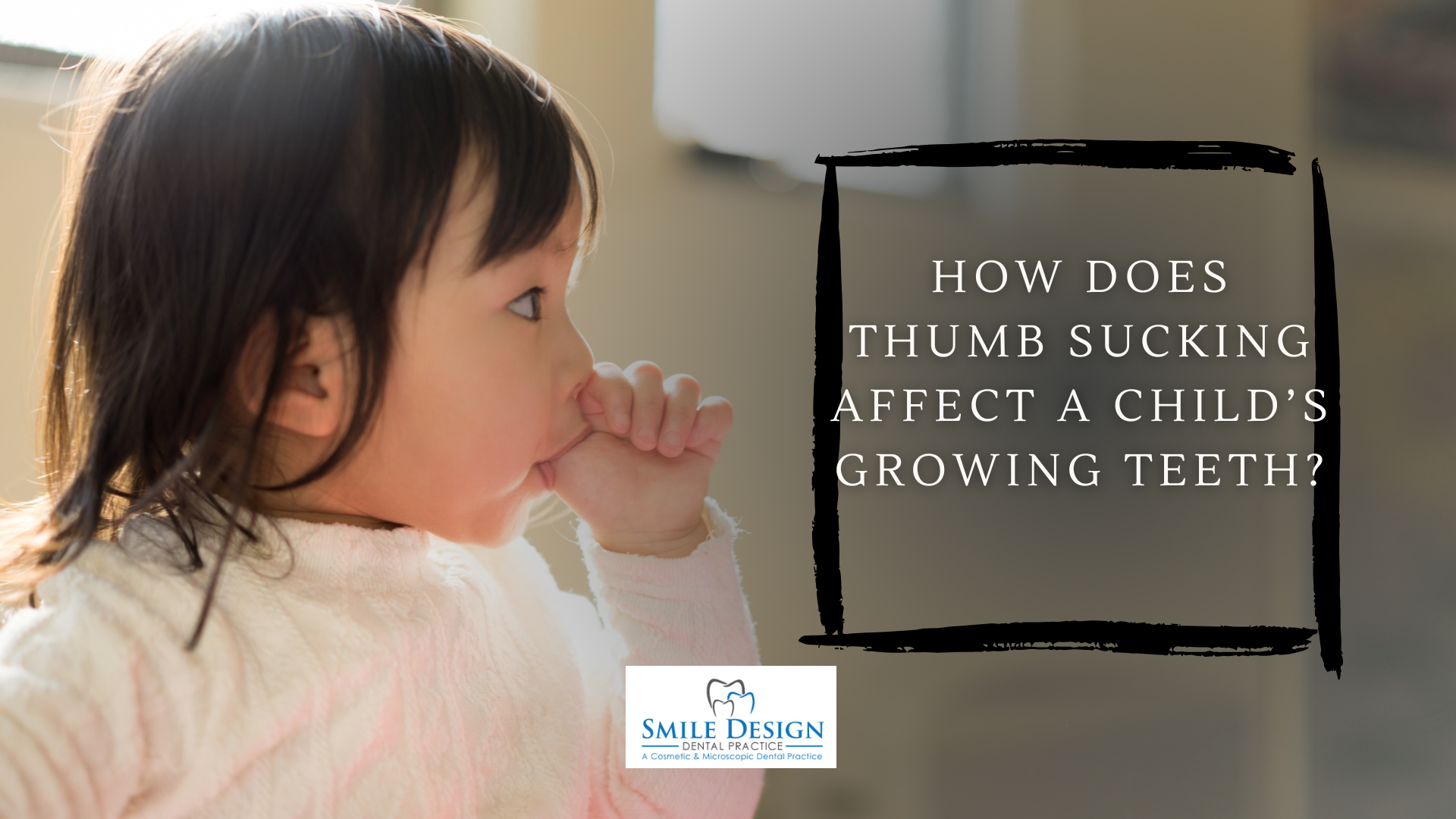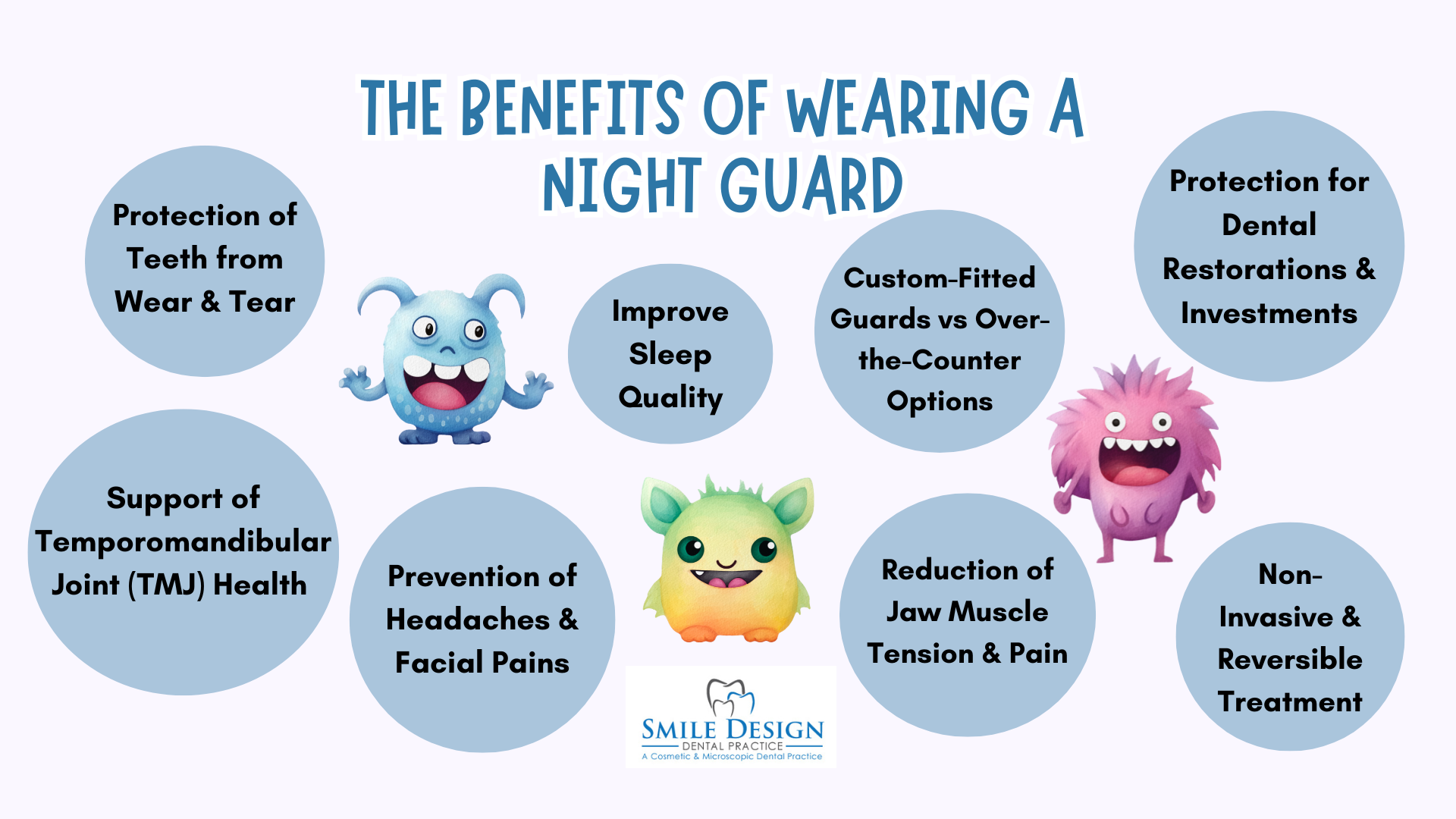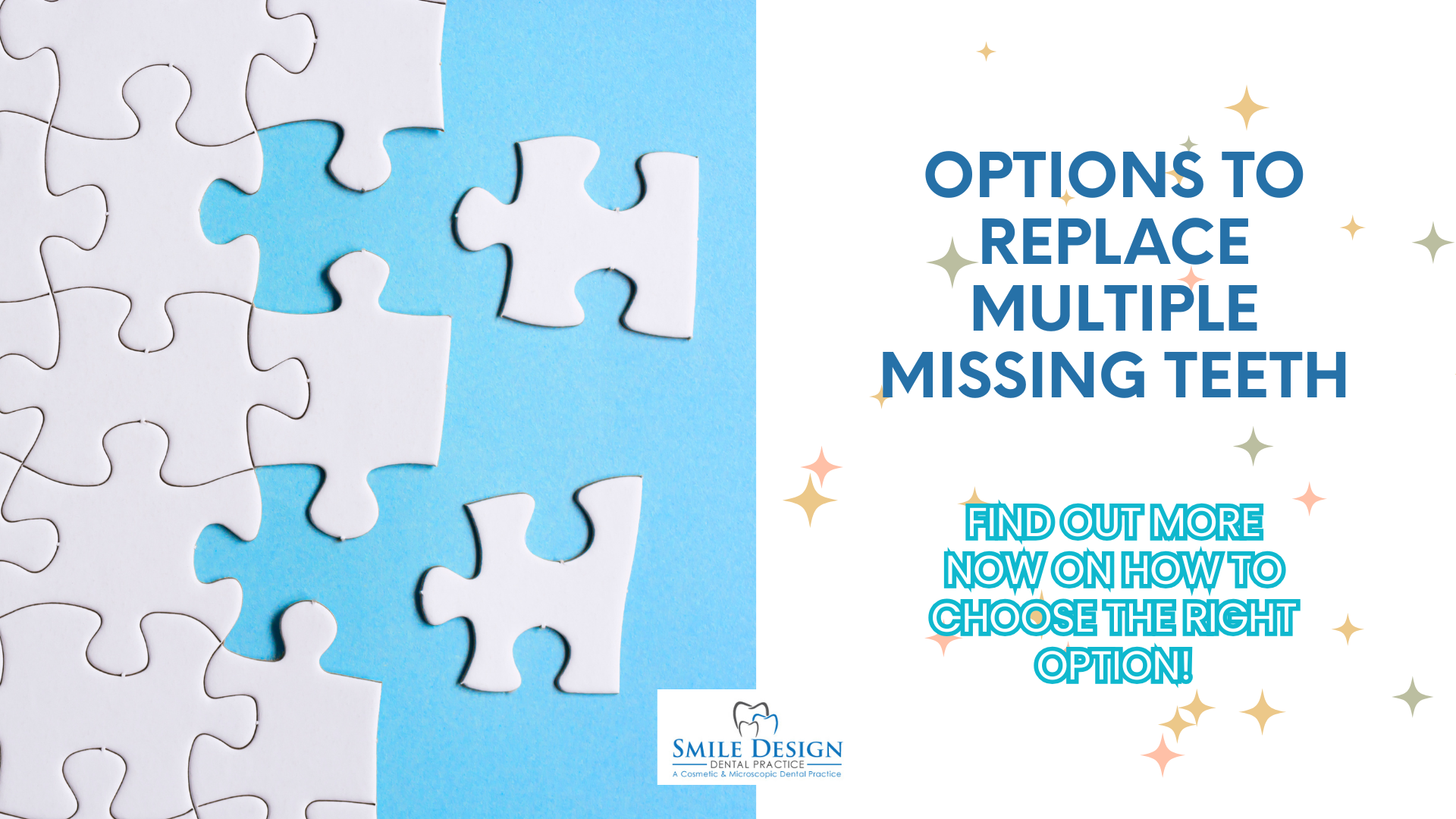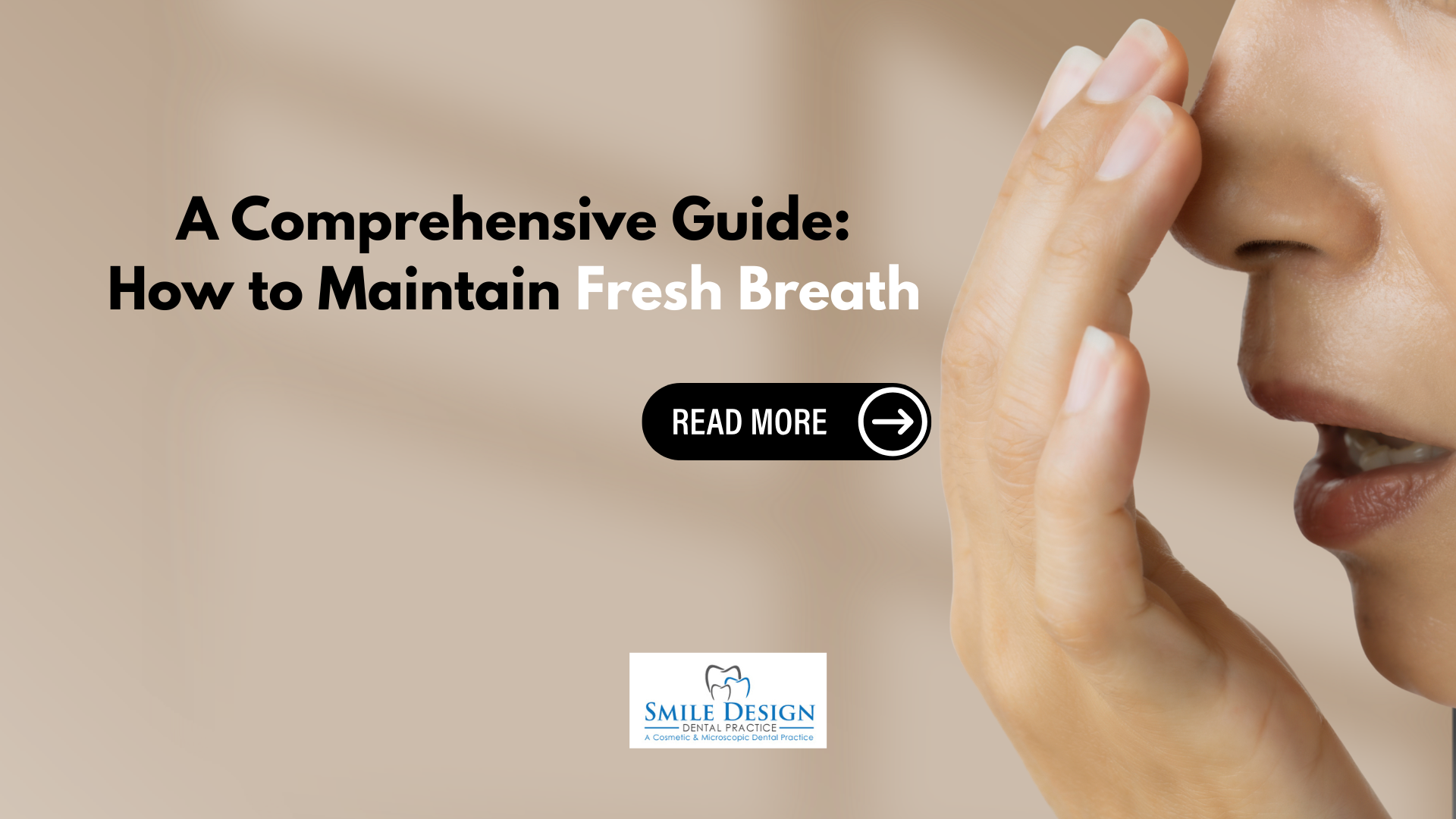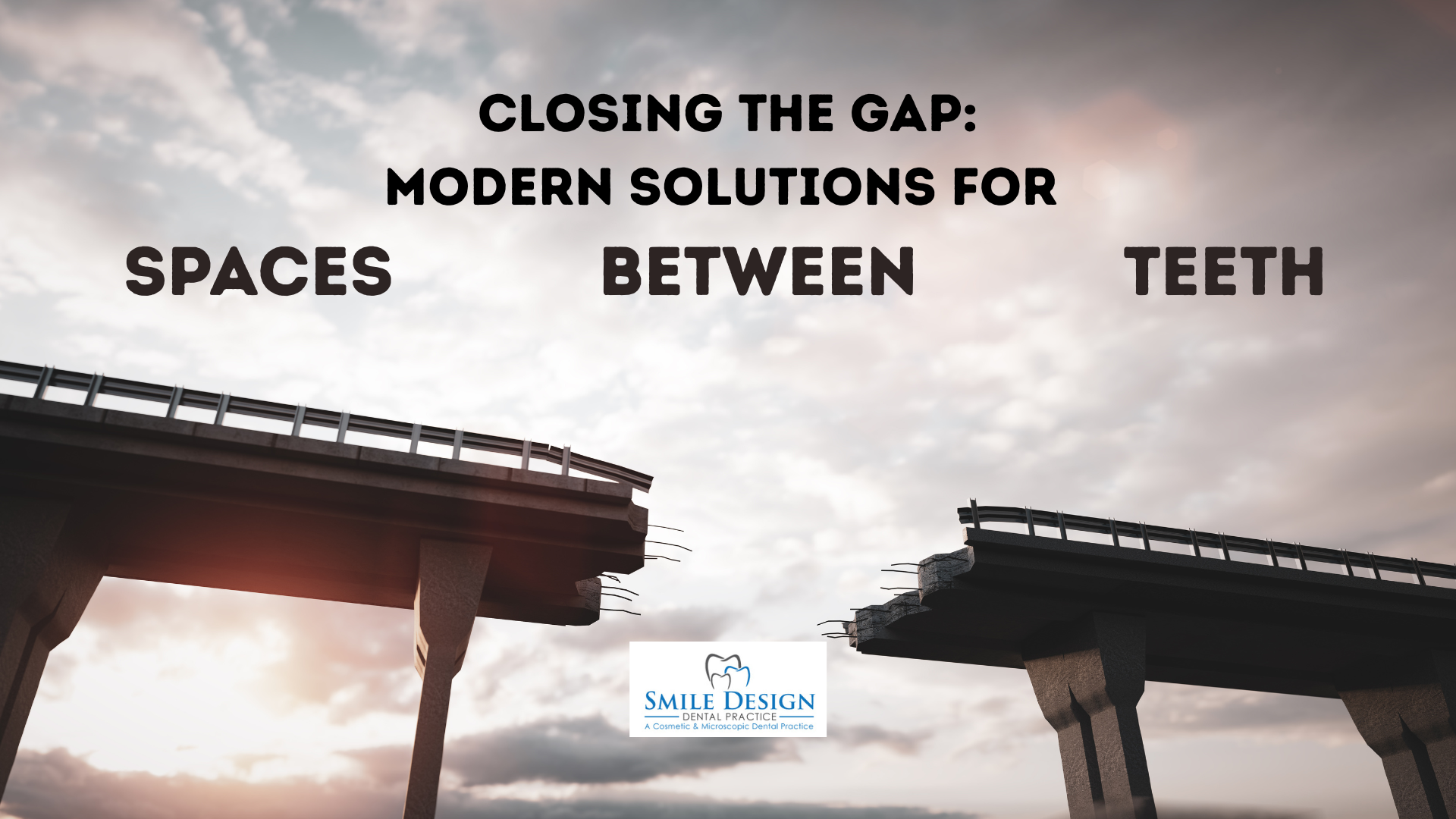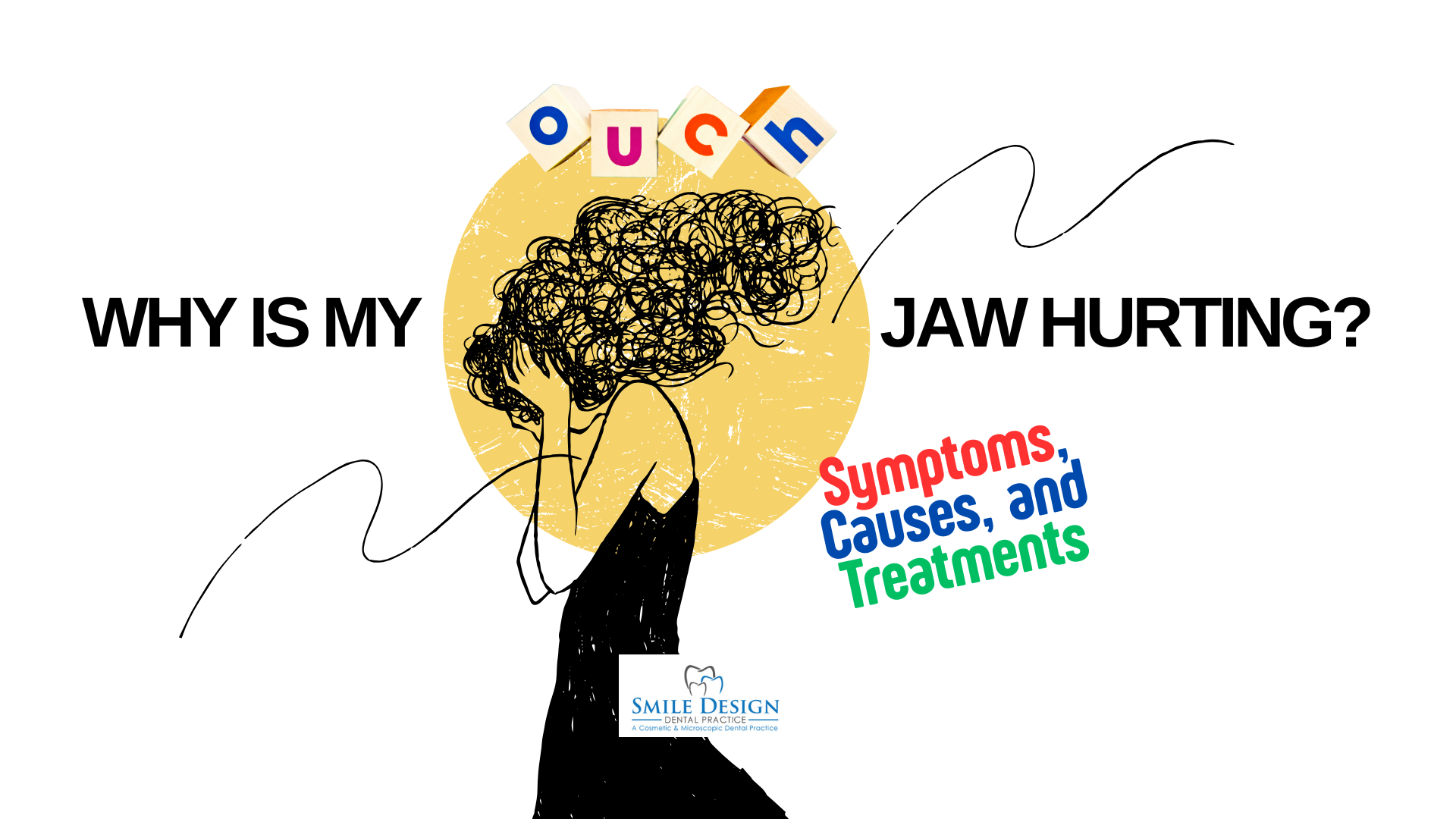Dental Issues During Pregnancy: What You Need to Know
Pregnancy is a beautiful and transformative journey, but it also comes with unique challenges for a mother’s health—including oral health. Many expectant mothers don’t realise that hormonal changes, new dietary habits, and morning sickness can affect their teeth and gums. Because dental health is closely connected to overall health, neglecting it during pregnancy can have consequences for both mother and baby.
This article explores the most common dental issues that arise during pregnancy, why they matter, whether you can safely visit a dentist during this time, and what steps you can take to protect your smile.
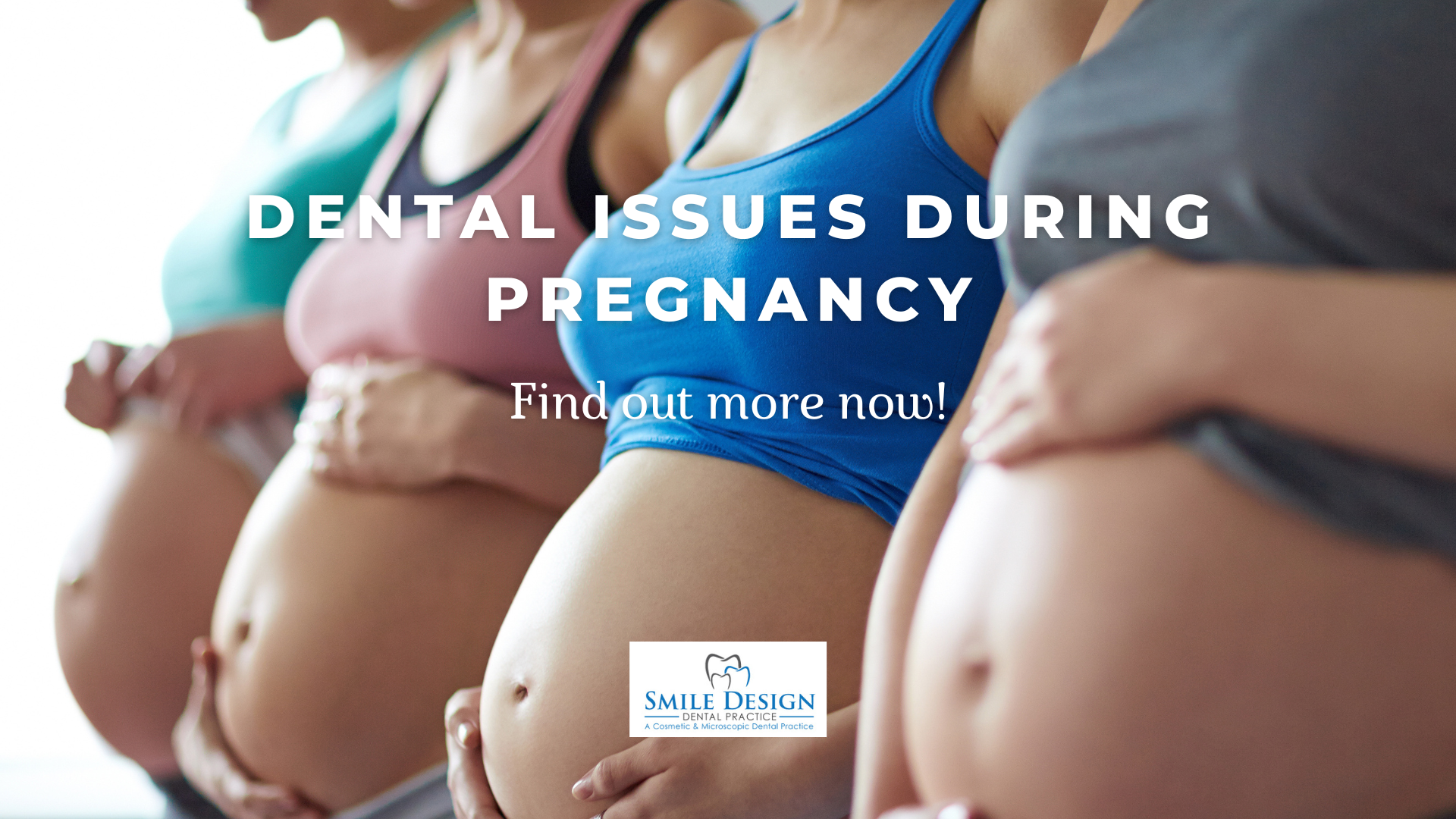
How Pregnancy Affects Dental Health
The body undergoes remarkable changes during pregnancy, particularly due to the rise in hormones such as progesterone and estrogen. These changes can increase the risk of inflammation in the gums, alter how the body responds to plaque, and even impact saliva production.
Morning sickness, increased snacking, and cravings expose teeth to more sugar and acid than usual. Combined, these factors make it easier for dental issues to develop, even in women who usually enjoy good oral health.
Common Dental Issues During Pregnancy
1. Pregnancy Gingivitis
One of the most widespread oral problems during pregnancy is pregnancy gingivitis, which affects up to 60–70% of expectant mothers. Hormonal changes make gums more sensitive and reactive to plaque bacteria. Symptoms include:
- Red, swollen gums
- Tenderness or discomfort when brushing
- Bleeding gums when flossing
Gingivitis can progress to more severe gum disease if untreated, so early management is essential.
2. Periodontal Disease
When gingivitis worsens, it can lead to periodontitis, a more advanced gum disease that damages the tissues and bone supporting the teeth. Periodontal disease has been linked in several studies to pregnancy complications, such as:
- Preterm birth
- Low birth weight
- Preeclampsia
While research continues, maintaining gum health is essential to supporting a healthy pregnancy.
3. Increased Risk of Tooth Decay
Several factors make cavities more likely during pregnancy:
- Frequent snacking to manage nausea or cravings.
- Sugary cravings feed cavity-causing bacteria.
- Acid erosion of enamel due to vomiting from morning sickness.
If tooth decay is left untreated, it can lead to pain, infection, or even abscesses that may require emergency treatment during pregnancy.
4. Pregnancy
Tumours
(Pyogenic Granuloma)
Some women notice small, red, raised growths on their gums during pregnancy. These are known as pregnancy tumours, although they are not cancerous. Hormonal changes and irritation from plaque cause them. While they often disappear after childbirth, they may need removal in some cases if they interfere with eating, brushing, or cause significant discomfort.
5. Dry Mouth and Excess Saliva
- Dry mouth (xerostomia) is common in pregnancy, mainly due to dehydration. It increases the risk of decay and oral infections.
- Ptyalism gravidarum is the opposite condition, where excessive saliva is produced. While harmless, it can be uncomfortable and sometimes contribute to nausea.
6. Erosion of Tooth Enamel from Morning Sickness
Repeated exposure to stomach acid from vomiting weakens enamel, leading to sensitivity and higher cavity risk. Brushing immediately after vomiting can worsen erosion. A safer approach is rinsing with water or a fluoride mouth rinse first.
Why Oral Health Matters During Pregnancy
Dental health is not just about a mother’s comfort—it plays a role in overall health and possibly pregnancy outcomes. Poor oral health has been associated with:
- Higher levels of systemic inflammation.
- Difficulty eating nutritious foods due to pain or tooth sensitivity.
- Potential effects on birth outcomes, including preterm birth and low birth weight.
Maintaining oral health contributes to the mother’s well-being and supports a healthier environment for the developing baby.
Can You See a Dentist During Pregnancy?
Yes, you can—and you should. Dental visits are safe during pregnancy, and preventive care is encouraged. Here’s what you need to know:
- Routine checkups and cleanings are recommended throughout pregnancy.
- Dental treatment is usually most comfortable during the second trimester (weeks 14–27).
- Emergency treatments (such as for infection, pain, or trauma) should not be delayed, regardless of the stage of pregnancy.
- Dental X-rays can be taken when necessary, with proper shielding of the abdomen and thyroid. Modern digital X-rays use very low radiation levels, making them safe when required.
- Local anaesthesia such as lidocaine is generally considered safe, but always inform your dentist that you are pregnant.
Elective cosmetic treatments, such as teeth whitening, are usually postponed until after delivery.
Tips for Maintaining Oral Health During Pregnancy
Here are practical steps expectant mothers can take:
1. Maintain an intense daily routine
- Brush at least twice daily with fluoride toothpaste.
- Floss once a day to remove plaque between teeth.
- Use an alcohol-free, fluoride mouth rinse if recommended.
2. Manage morning sickness wisely
- Rinse your mouth with water or a teaspoon of baking soda in water after vomiting to neutralise stomach acid.
- Wait 30 minutes before brushing to prevent enamel damage.
3. Eat a balanced diet
- Choose tooth-friendly snacks like cheese, yoghurt, fruits, and vegetables.
- Limit sugary foods and drinks that fuel cavity-causing bacteria.
4. Stay hydrated
- Drink plenty of water to combat dry mouth.
- Sugar-free gum with xylitol may help stimulate saliva.
5. Schedule dental visits
- Aim for at least one checkup during pregnancy, ideally in the second trimester.
- Don’t ignore gum disease or tooth pain signs—early treatment is safer and easier.
Professional Guidelines
Organisations such as the American College of Obstetricians and Gynaecologists (ACOG) and the American Dental Association (ADA) emphasise that dental care during pregnancy is safe and essential. Both groups recommend:
- Regular dental checkups and cleanings.
- Prompt treatment of infections, as untreated dental disease can be more harmful than the dental procedure itself.
- Collaboration between obstetricians and dentists to provide the best care.
Conclusion
Pregnancy is a time of immense change, and dental health often gets overlooked amid all the focus on prenatal care. Yet oral health plays a crucial role in the overall well-being of both mother and baby. Conditions like gingivitis, cavities, and enamel erosion are common but preventable with proper care.
The good news is that dental visits are safe during pregnancy and should be part of routine prenatal care. Expectant mothers can protect their smiles and support a healthy pregnancy by brushing, flossing, eating a balanced diet, and seeking professional dental care.
Your oral health is a gift to yourself and your baby, so don’t hesitate to make it a priority.
Schedule an appointment with us NOW! Call us at 6463 8588 or WhatsApp to 9815 5336
To serve you better, we are available by Appointment Only.
Please contact us to schedule an appointment.

